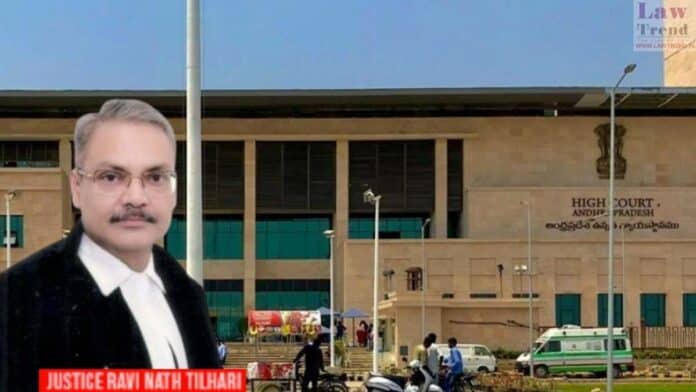The Andhra Pradesh High Court, in a recent judgment, has held that a partition suit cannot be rejected at the threshold under Order VII Rule 11(d) of the Code of Civil Procedure (CPC) merely on the ground that the plaintiffs may not be entitled to a share under succession laws. Justice Ravi Nath Tilhari ruled
To Read More Please Subscribe to VIP Membership for Unlimited Access to All the Articles, Download Available Copies of Judgments/Order, Acess to Central/State Bare Acts, Advertisement Free Content, Access to More than 4000 Legal Drafts( Readymade Editable Formats of Suits, Petitions, Writs, Legal Notices, Divorce Petitions, 138 Notices, Bail Applications etc.) in Hindi and English.




